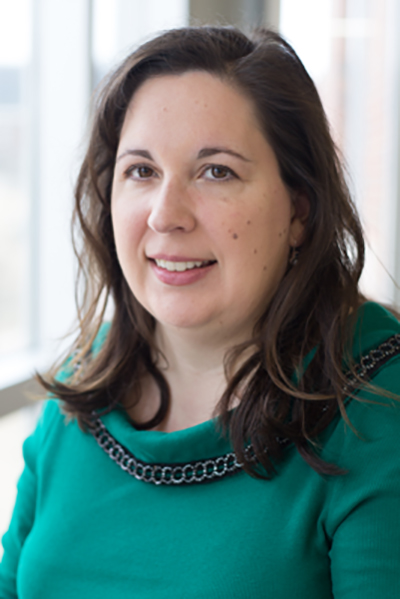Media contact: Yvonne Taunton
 Patricia Drentea, Ph.D., Department of SociologyThe expectations and experiences of modern life are diverging further from those of previous generations, so what will the world be like when millennials reach old age?
Patricia Drentea, Ph.D., Department of SociologyThe expectations and experiences of modern life are diverging further from those of previous generations, so what will the world be like when millennials reach old age?
Patricia Drentea, Ph.D., director of Graduate Studies in the College of Arts and Sciences’ Department of Sociology at the University of Alabama at Birmingham, attempts to answer this question in her new book, “Families and Aging,” the first of its kind in the United States.
Drentea has been studying and teaching about the forces of social change in the United States for more than 25 years and says there has been no U.S.-focused text summarizing and analyzing the likely outcomes of modern social changes.
In her book, Drentea addresses diversity in American society: changing gender roles, the increasing average age of parenthood and work and retirement concerns, as well as health and caregiving.
“This book looks at the ramifications of our social patterns in this country,” Drentea said. “These patterns and trends are first identified by demographers. My role as a sociologist is to consider the effects of those discoveries. I try to predict what the next 50 years will bring.”
Each chapter of “Families and Aging” includes an overview of sociological theory on the topic in question and a vignette drawn from in-depth interviews with representative individuals, as well as Drentea’s own statistical analysis of the phenomenon, based on U.S. Census data. “I’m hoping it will help social workers, sociologists, nurses, psychologists and other clinicians in practice think through some of these issues,” Drentea explained.
Some of the topics in Drentea’s book include:
Parenting changes: “There is a gradual loosening of expected gender behavior. Men are becoming more active parents, and we will see increased equality in parenting. I don’t think we’ll have another generation of men who don’t spend significant time in the trenches of raising their kids, don’t know how to cook and can’t do their own laundry.”
Globalized relationships: “Our children will interact with people all over the world, which will lead to more intermarriage among different national and ethnic groups. How are you going to handle birth, death, weddings — all the big things that families do together — with very different cultures and religions? There’s more to negotiate.”
Extending the sunset years: “With longer lifespans comes longer retirement. That could be 30 years of free time, and it needs to be filled with something. There’s grandparenting. But also travel, being active in church and spending time online. Plus shopping — that’s a very American activity.”
Drentea’s book, “Families and Aging,” is available to purchase here.